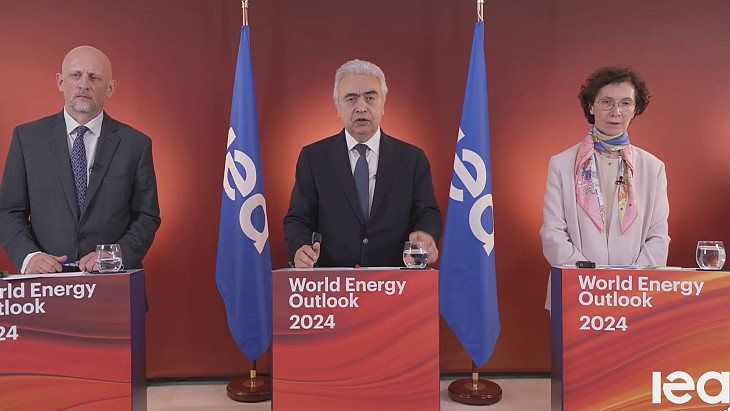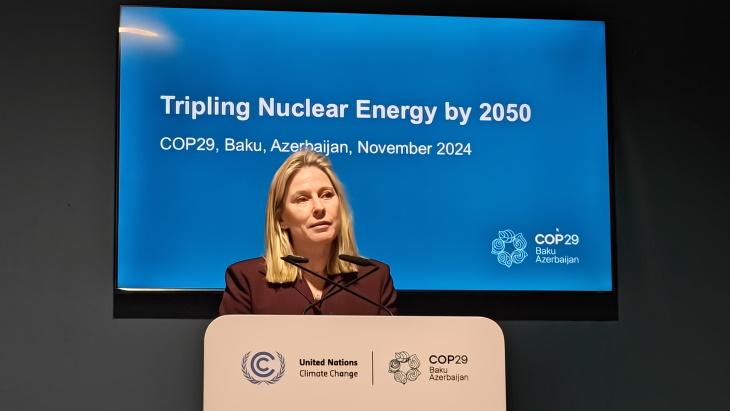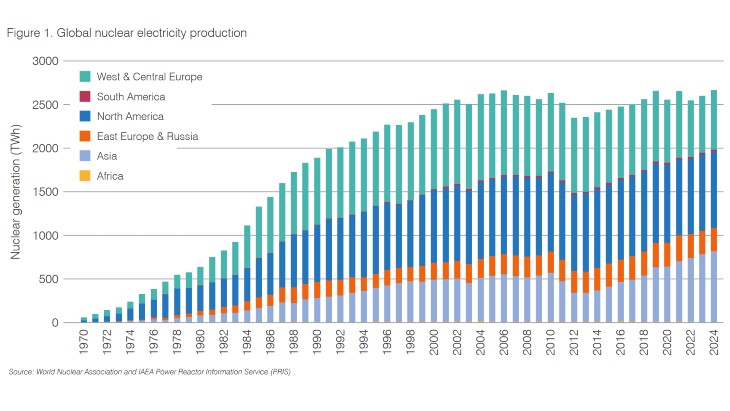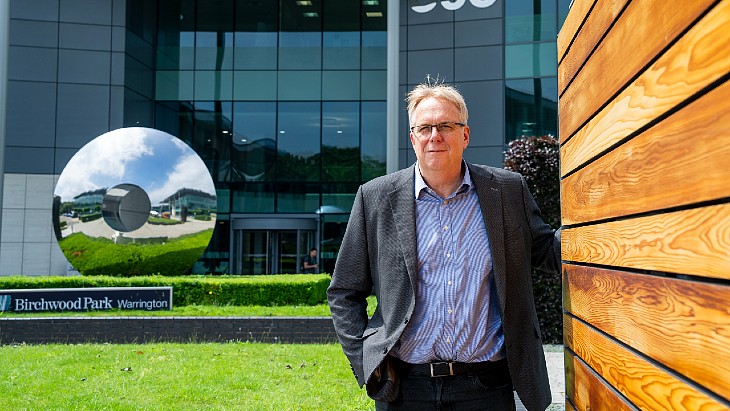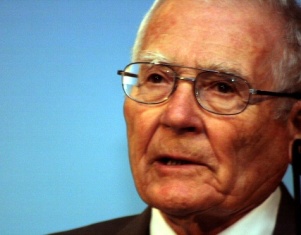 Climate change is more serious than we can possibly imagine, but neither the Earth nor the human race is doomed, said Lovelock. The good news is that the Earth itself is in no danger, with world climate likely to stabilize some 5 degrees C warmer than current temperatures - such stable 'hot' states have existed in the past, including some 55 million years ago when the world's own feedback mechanisms took 200,000 years to recover. During that phase no great extinction occurred, but life moved to cooler climes to survive.
Climate change is more serious than we can possibly imagine, but neither the Earth nor the human race is doomed, said Lovelock. The good news is that the Earth itself is in no danger, with world climate likely to stabilize some 5 degrees C warmer than current temperatures - such stable 'hot' states have existed in the past, including some 55 million years ago when the world's own feedback mechanisms took 200,000 years to recover. During that phase no great extinction occurred, but life moved to cooler climes to survive.Climate-induced migrations could, for example, see Europe's population concentrated in cooler regions such as the British Isles, Scandinavia and western France - and this could happen within the next century. "If ever nuclear power is needed, it will be then," said Lovelock. Nuclear is the most reliable and demonstrably safest form of energy in existence, Lovelock later told journalists.
Lovelock described sustainable development and renewable energy (with the exception of some established forms such as hydroelectricity) as fashionable and profitable in the short term but not effective against climate change in the long term. Methods to ameliorate climate change could potentially buy time. For example the introduction of stratospheric aerosols would be practical and has indeed been demonstrated - sulphur dioxide emitted into the stratosphere by the 1991 eruption of Mount Pinatubo effectively set back global warming by around three years. The Gaia professor said that had happened without any discernible detrimental effects on the environment.
All of us need to see our planet as a living system, Lovelock said, and offered not ten, but one commandant to live by: "Respect the Earth."
Professor Lovelock received the WNA award for Distinguished Contribution to the Peaceful Worldwide Use of Nuclear Technology, presented by WNA director general, John Ritch, and chairman, Ralf Gueldner.
Further information




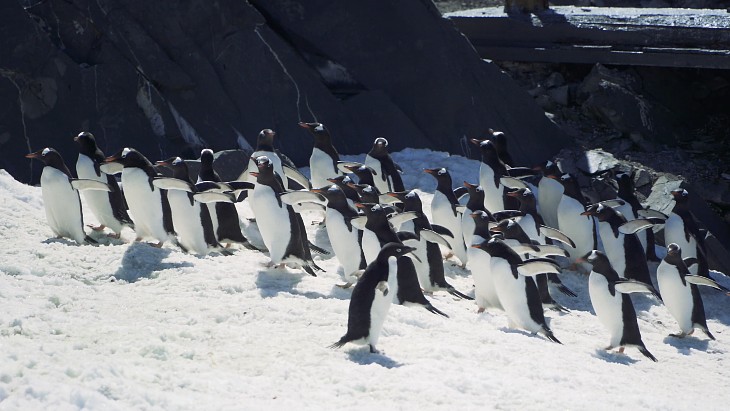
_99697.jpg)
